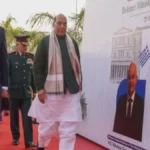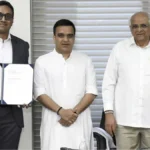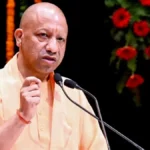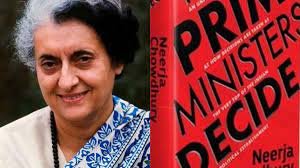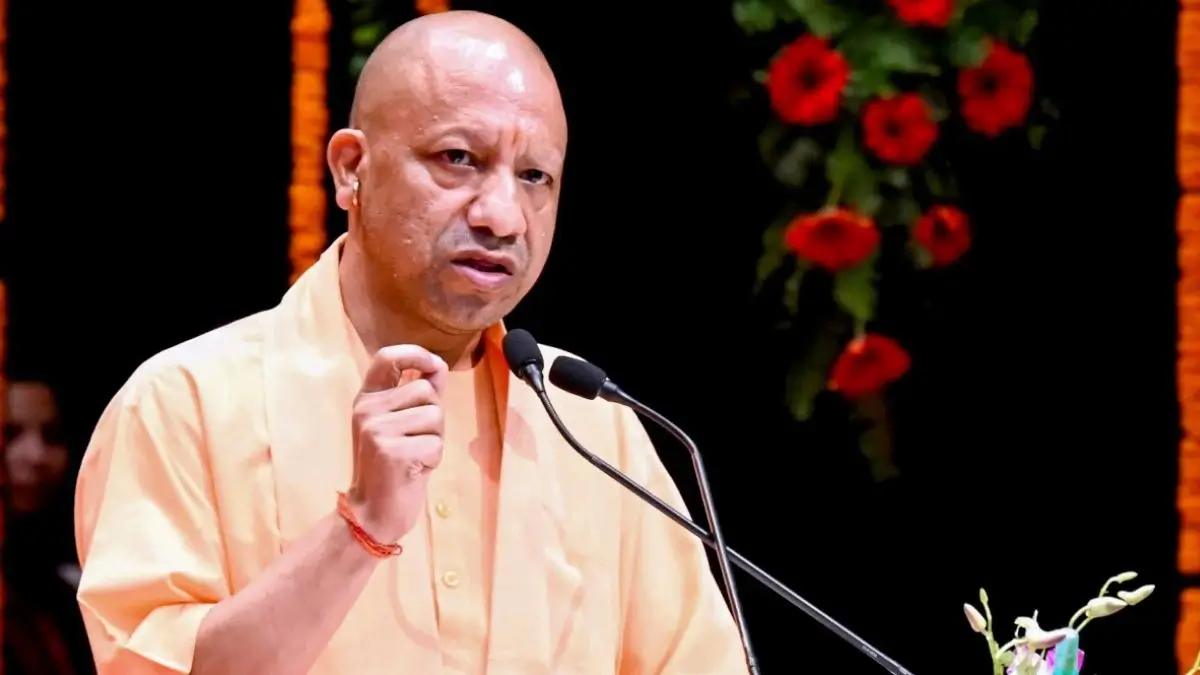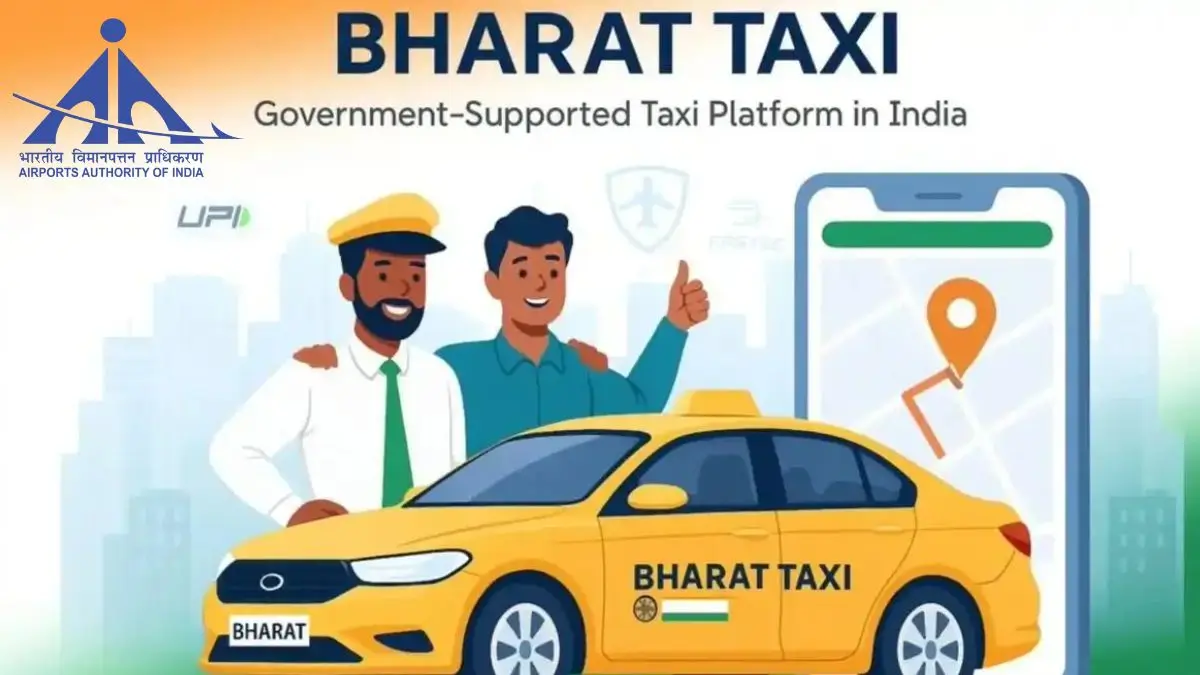“Insights from ‘How Prime Ministers Decide’ by Veteran Journalist Neerja Chowdhury”
The release of the book “How Prime Ministers Decide” by renowned journalist Neerja Chowdhury has garnered significant attention in the political and academic spheres. The book delves into the decision-making processes of Prime Ministers of India over the years, shedding light on their strategies, challenges, and achievements. In this article, we will explore the importance of this news, the historical context surrounding it, and five key takeaways that are crucial for students preparing for government exams, including civil services, IAS, police officers, banking, railways, and defense positions.

Why this News is Important
Insights into Political Leadership
The news of the book release is crucial as it offers valuable insights into the inner workings of India’s top political leadership. Understanding how Prime Ministers make decisions is of utmost importance for aspirants of civil services and other government exams, as it provides a deep understanding of the functioning of the country’s governance.
Enhancing Political Knowledge
For students aiming to excel in various government exams, being well-informed about political processes and leadership is essential. This book serves as a valuable resource to augment their knowledge base, offering a comprehensive understanding of how critical decisions that shape the nation are made.
Analyzing Past Policies
By studying the decision-making patterns of past Prime Ministers, aspirants can analyze the outcomes of their policies and governance. This analysis aids in formulating better strategies for governance, which is a crucial aspect of examinations for positions such as IAS, IPS, and other civil services.
Historical Context
The publication of “How Prime Ministers Decide” is situated in the broader context of understanding political leadership and governance in India. Over the years, India has witnessed a diverse range of Prime Ministers, each with their unique approach to decision-making. From Jawaharlal Nehru’s visionary policies to Indira Gandhi’s bold decisions during emergency, and from Atal Bihari Vajpayee’s statesmanship to Dr. Manmohan Singh’s economic reforms, the country’s political landscape has witnessed transformative changes.
Key Takeaways from “How Prime Ministers Decide”
| Serial Number | Key Takeaway |
|---|---|
| 1. | The book provides insights into the decision-making process of various Prime Ministers, helping aspirants understand different leadership styles and strategies. |
| 2. | Aspirants can learn from historical policies and analyze their impact on India’s growth and development. |
| 3. | The book sheds light on how leaders handle challenges and make tough choices during their tenure. |
| 4. | Aspiring officers can draw inspiration from the biographies of past leaders to cultivate essential leadership qualities. |
| 5. | Understanding the nuances of decision-making in governance can enhance aspirants’ abilities to tackle complex problems in their future roles. |
Important FAQs for Students from this News
Q1: What is the book “How Prime Ministers Decide” about?
A1: The book “How Prime Ministers Decide” by Neerja Chowdhury explores the decision-making processes of Prime Ministers in India, providing insights into their strategies and challenges.
Q2: Why is this news important for government exam aspirants?
A2: This news is crucial for exam aspirants as it offers valuable knowledge about political leadership, governance, and decision-making, which are relevant for various government exams like civil services, IAS, police, banking, railways, and defense positions.
Q3: How can students benefit from reading this book?
A3: By reading this book, students can gain insights into historical policies, leadership qualities, and the handling of complex challenges, which can enhance their understanding and preparation for government exams.
Q4: Does the book cover decision-making processes of all past Prime Ministers?
A4: Yes, the book provides insights into the decision-making processes of various Prime Ministers, offering a diverse perspective on leadership styles and strategies.
Q5: Can aspirants use this book to improve their own decision-making abilities?
A5: Absolutely, aspirants can draw inspiration from the biographies of past leaders and apply the lessons learned to cultivate essential leadership qualities for their future roles.
Some Important Current Affairs Links







